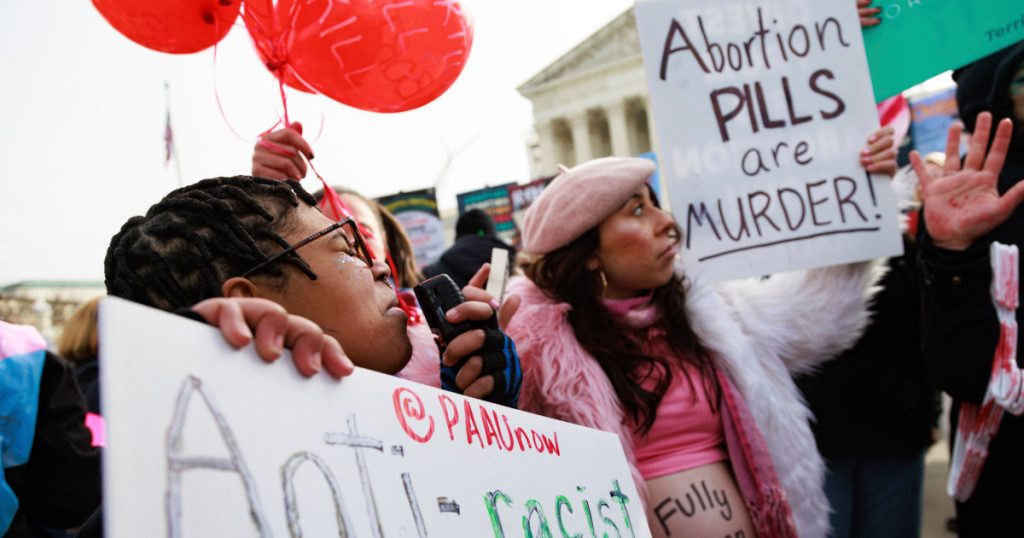Anti-abortion activists in Phoenix continued their demonstrations outside of abortion clinics despite a recent ruling by the state Supreme Court that a 1864 abortion law was enforceable. The law made abortion illegal from the moment of conception with exceptions only for saving the woman’s life, punishable by two to five years in prison for those involved. While the ruling puts the law back in effect, clinics can still serve patients for at least two weeks as the court’s decision is on hold. Activists like Matt Engelthaler maintained their stance against abortion, believing that any life lost to the procedure is unacceptable.
Reproductive rights advocates and Arizona Attorney General Kris Mayes have criticized the 1864 law as “draconian” and argued against its relevance in modern society. However, for activists like 80-year-old Lynn Dyer of the Life Choices Women’s Clinic, the ruling was a cause for joy. Dyer believes that regardless of the law’s age, it is always wrong to take the life of an innocent child. The decision has sparked debate and renewed efforts both in support of and against abortion rights.
At Acacia Women’s Center, anti-abortion activists took a more aggressive approach, criticizing Dr. Ronald Yunis for performing abortions and accusing him of killing “150 innocent babies” each month. Some activists engaged in confrontational tactics, approaching individuals entering the center and urging them not to go through with the procedure. James Baird voiced concerns about the lack of penalties for women attempting DIY abortions without legal repercussions, advocating for stricter laws to protect unborn babies.
The Arizona anti-abortion ruling comes in the wake of the U.S. Supreme Court’s overturning of Roe v. Wade in 2022, a landmark decision that guaranteed abortion rights for decades. Since then, numerous states have implemented bans and restrictions on abortion access, resulting in legal battles and challenges. Former President Donald Trump, who claimed credit for appointing Supreme Court justices who overturned Roe v. Wade, recently stated that decisions on abortion should be left to individual states, further fueling the ongoing debate on reproductive rights.
The diverse responses to the Arizona Supreme Court’s ruling reflect the deeply entrenched division on abortion rights in the United States. While anti-abortion activists celebrate the decision as a step towards protecting the rights of the unborn, reproductive rights advocates and supporters continue to fight against what they see as regressive and harmful legislation. The ongoing clash between these opposing viewpoints underscores the complexity and sensitivity of the abortion debate, ensuring that this issue will remain a contentious topic in American society for the foreseeable future.


